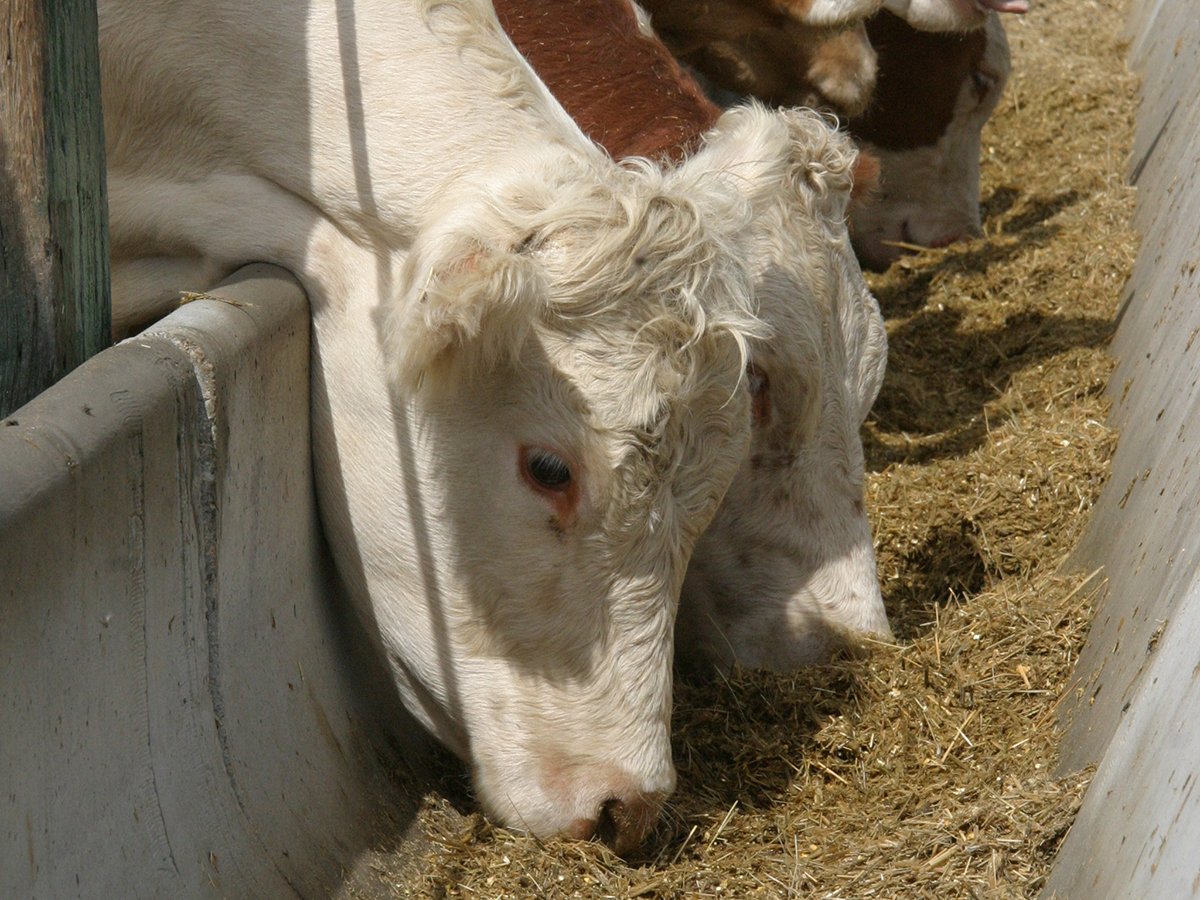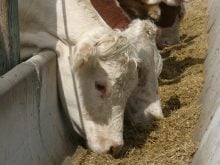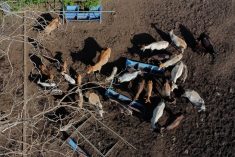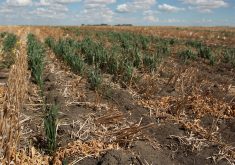It might be an odd time to talk about advisory boards, given that farmers are focused on seasonal production pressures.
However, with the season comes a lot of time in a truck or tractor to think and plan.
Farms continue to increase in size and complexity as they face narrow margins and greater risk.
Strategic business risk is getting more attention. It’s the risk that comes with business model and investment decisions and is difficult to measure. However, it often has long-term implications on a farm’s sustainability.
Read Also

Alberta cattle loan guarantee program gets 50 per cent increase
Alberta government comes to aid of beef industry with 50 per cent increase to loan guarantee program to help producers.
A farm advisory board, which is an unbiased group with business and management acumen, can be a great resource for farmers when they set strategy, make management decisions and manage risk.
Advisory boards differ from true boards in two important ways: their directors have no fiduciary responsibility and no legal accountability.
The structure and function of an advisory board is flexible and can be designed to meet the needs of the business.
Before producers start down that road, however, they should make sure they are ready for a board presence in their business.
That means they must be committed to listening to third party input and advice.
As well, they should have a strategic business plan in place or be prepared to have the board assist in its development.
In other words, they must present themselves as professionals.
There are key points to consider when thinking of forming an advisory board:
- Keep the board small, between five and seven members.
- An accountant and lawyer can be on the board, but not in their professional capacities. Their ability to function as board members is more important than their professional training.
- Consider having one or two members whose expertise is not in agriculture. Set lofty expectations in terms of who you would approach.
After deciding to proceed, the next step is for the farmer to draft the board’s functions:
- What will they do for you?
- What will you expect from them and what can they expect from you?
- How will you compensate them? Options include a per diem per meeting or an annual retainer. Out-of-pocket expenses are a given.
The next step is to set up a selection process:
- Develop a screening list of potential candidates.
- Provide preferred candidates with a presentation on your business. The presentation package should have written goals and objectives, both personal and business. It should also have a historical narrative of your business, a summary financial report and a statement of what board members can expect from you.
- Provide candidates with a description of the advisory board structure, with roles and responsibilities.
- You can request a written submission from the candidates on what their understanding of the advisory board role will be and what they think they can bring to the table.
- Review and select or go back to your screening list.
Once you have selected your board, the first meeting should focus on orientation and establishing a working relationship of trust. The meeting should instill a sense of purpose.
Meeting frequency is variable. Consider quarterly to start and eventually semi-annually or annually.
Meetings can occur on the farm if you have a suitable location without interruptions. A professional business image is important to attract desirable board members.
The meetings should have a scheduled time length of two to four hours. There should be a chair to run the meeting, and minutes should be recorded and sent to members after the meeting.
The board should be able to invite guest presentations.
It should also do an annual evaluation.
An advisory board structure is not supposed to be a feel good environment. That’s not to say that an advisory board is supposed to bash management and ownership, but the structure is supposed to provide unbiased and constructive input on management issues and decisions.
Terry Betker is a partner with Meyers Norris Penny LLP in Winnipeg. Contact: 204-782-8200














